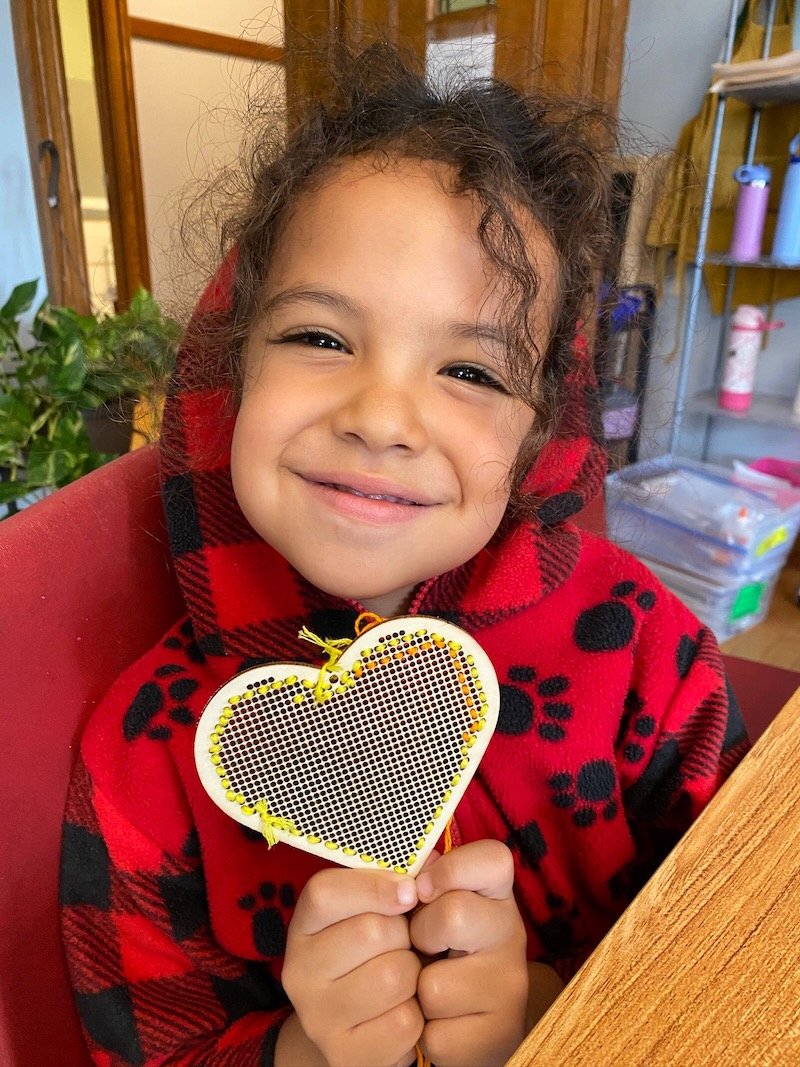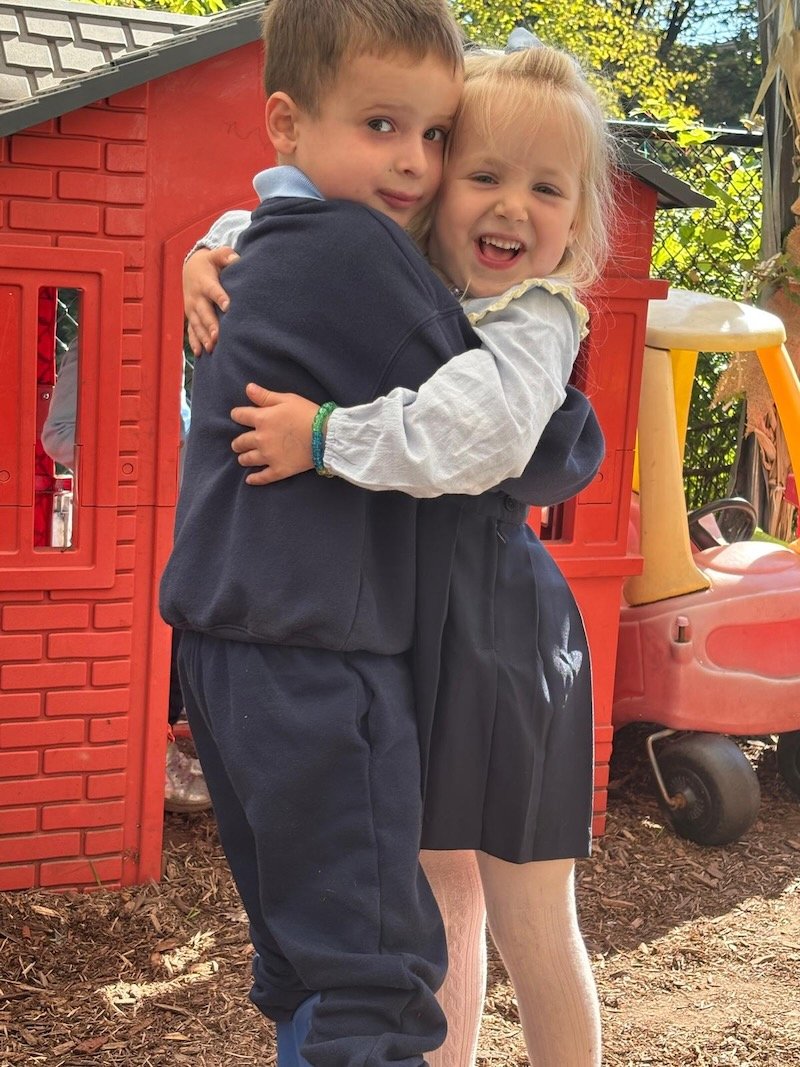We've opened up spots to book in-person tours!
06.08.2025
At Alive Montessori School, we believe that learning goes beyond the classroom. Montessori education encourages children to explore, create, and grow in a hands-on, child-centered environment. We know many parents are eager to extend this philosophy at home, but might not know where to start. That’s why we are excited to launch our new blog series: Montessori Activities for Home.



